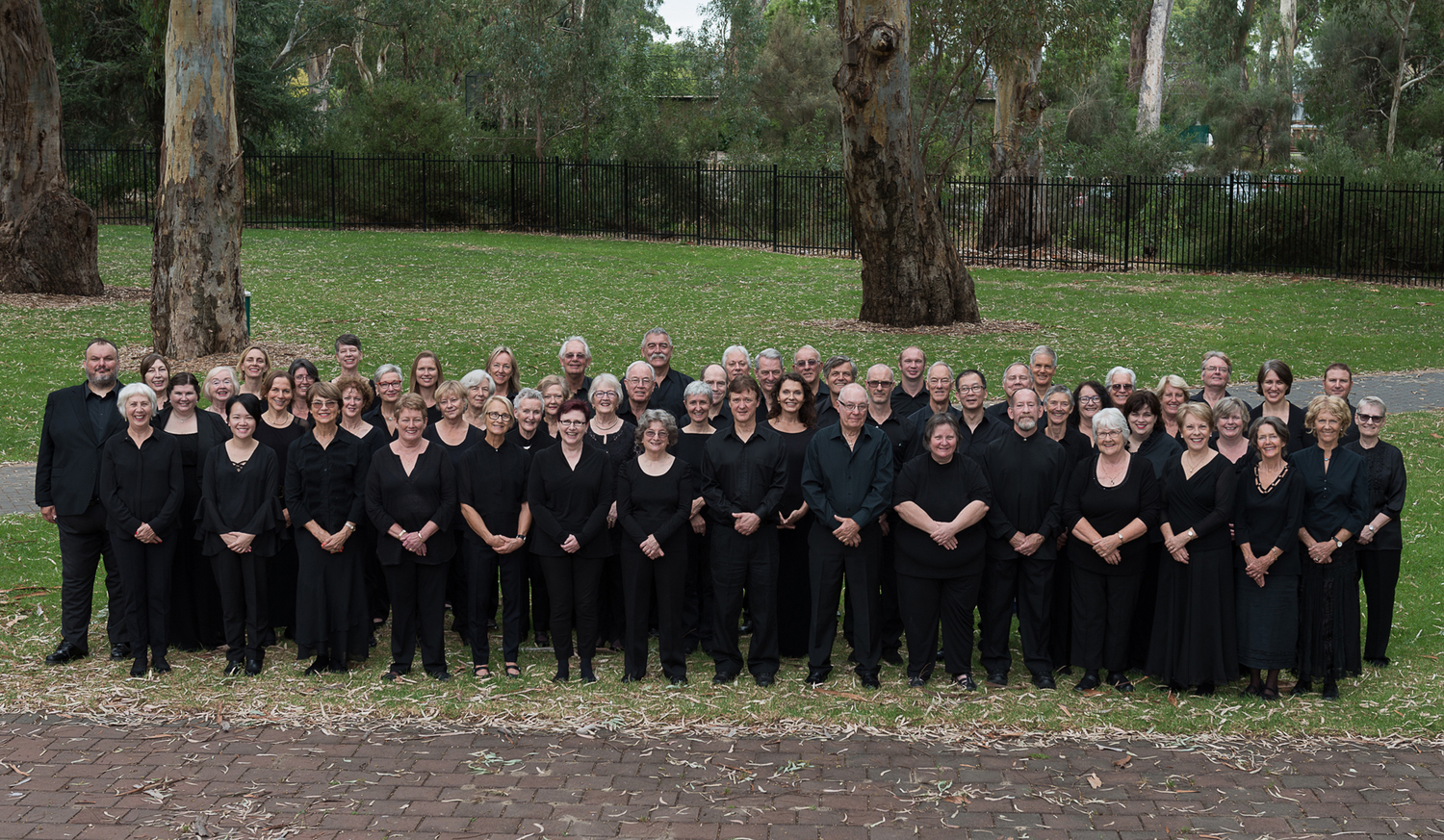 Reviewed by Ewart Shaw Saturday 14th April 2018,
Reviewed by Ewart Shaw Saturday 14th April 2018,
The Ordinary of the Mass has attracted composers, both believers and agnostics, for six hundred years or so. Whether as an act of devotion with liturgical use in view, or simply as an exploration of the potential for vocal composition, the movements of the work have been the basis for some of the most exciting and rewarding works in the repertoire. The
Adelaide Philharmonia Chorus, under the direction of Aldis Sils, performed two fine examples of the genre in their Elder Hall Concert, or, rather, one very fine example of the genre, and the wonderful Missa in Angustiis, number 11 in D minor, by
Joseph Haydn.
The choir scheduled the later work, the Schubert Mass in G, in the first half of the concert. Accompanied by Nerissa Pearce on the piano, they delivered a calm reposeful reading of the score, well-balanced parts, and excellent diction. There was just the slightest feeling that they were saving themselves for the Haydn, but that might just have been me.
I sang the Haydn Mass in Melbourne in 1972, as part of an Intervarsity Choral Minifest. In preparation for this concert, I listened to a recording and was amazed to discover how much of the music I remembered from that concert 46 years ago. I was also amazed to realise that fragments of the work had been floating to the surface of my musical memory for decades, such is the power of the writing.
The Mass is called, in Latin, the Missa in Angustiis, the mass in difficult times, in a tight corner, perhaps, but is generally referred to in choral circles as the Nelson Mass, due to an urban legend that Haydn dedicated it to Horatio Nelson. It was written in 1798 when Napoleon and his army had soundly defeated Austria. Napoleon then went off on his ill-fated Egyptian campaign, which gave the world the Rosetta Stone, but led to his defeat at the battle of the Nile. It's thought by some that the coincidence of news of Napoleon's defeat by Nelson reaching Austria around the time of the first performance led to the indelible linking of the hero's name to the mass in the popular imagination.
Nelson may have heard the work performed in his honour later. While the mass was written, as the name suggests, in difficult times, it's not a humble work. It's loud and proud, and Nerissa Pearce's piano was augmented with three trumpets and timpani. Bethany Hill, the soprano soloist, brought to the opening Kyrie an energy and coloratura facility that was exciting. Her prayer for mercy was heroically delivered, with the strong impression that Jesus was being reminded of his responsibilities. She brought the same energy and character to her later performance of the Benedictus movement.
The other three members of the solo quartet brought individual value to their parts. Alexander Roose was magisterial in his Qui Tollis. Charlotte Kelso was billed as the alto, but there's a brightness in her upper register that suggests a higher destiny. Tenor, Jiacheng Din, is a new arrival at the Elder Conservatorium, and he fills an important role. We are short of tenors in this repertoire. On the subject of which, the Philharmonia Chorus regularly fields little more than a handful of voices in this part and they sounded out bravely in the many fugal passages of this work.
The three trumpets and timpani, Carly Cameron, Robin Finlay, David Khafagi and Andrew Weiring, were vital to the success of this very enjoyable performance of the Haydn masterpiece.
I can't get Bethany Hill's triumphant singing out of my head and I don't want to. Bravi all.
 Reviewed by Ewart Shaw Saturday 14th April 2018,
Reviewed by Ewart Shaw Saturday 14th April 2018, Reviewed by Ewart Shaw Saturday 14th April 2018,
Reviewed by Ewart Shaw Saturday 14th April 2018,